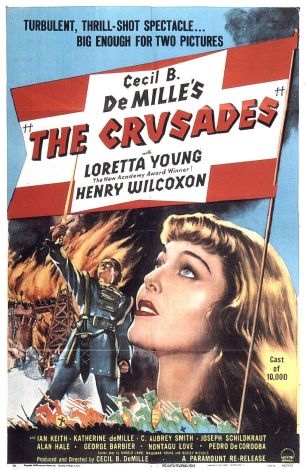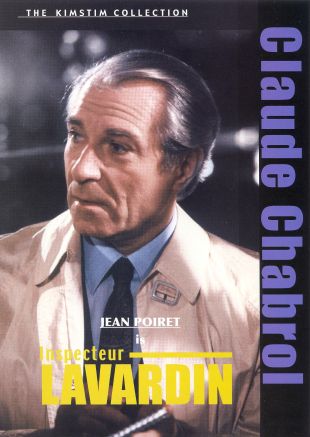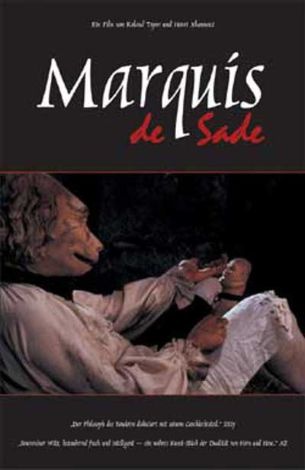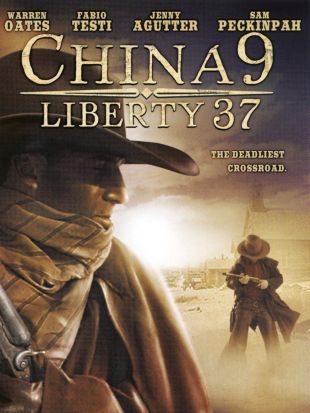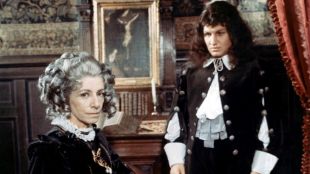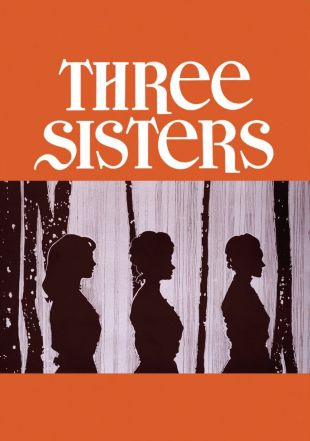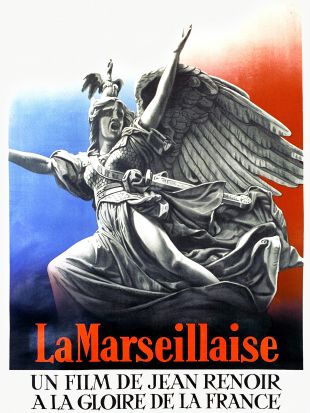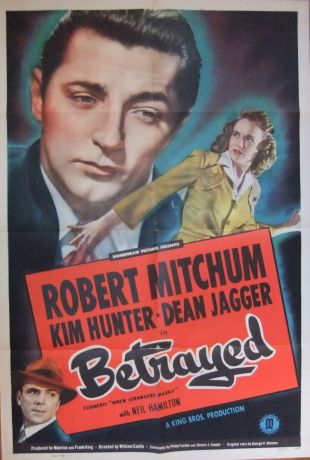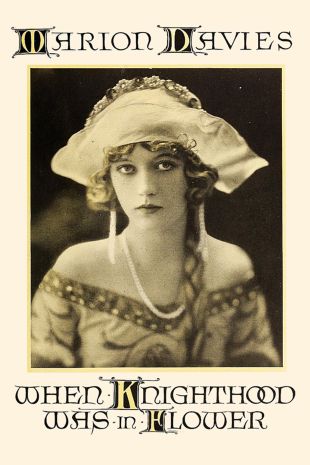
When Knighthood Was in Flower (1922)
Directed by Robert Vignola
Genres - Drama, Romance, Sports & Recreation |
Release Date - Sep 15, 1922 (USA) |
Run Time - 120 min. |
Countries - United States |
MPAA Rating - NR
Share on
Synopsis by Janiss Garza
Film critics (at least those who weren't employed by the Hearst Corporation) frequently complained about the amount of money newspaper magnate and motion picture producer William Randolph Hearst spent on the pictures starring his companion Marion Davies. When it came to this historical adventure, they certainly had fodder to lambaste the film; it cost 1.5 million dollars, a real fortune in 1922 cash. But in spite of the over-inflated budget, critics had to admit that even at a lengthy 12 reels, this was solid entertainment -- and Davies was good in it. The picture was based on the novel by Charles Major, and what it lacked in historical accuracy it certainly made up for in the sumptuous Joseph Urban sets. Mary Tudor (Davies), the younger sister of King Henry VIII (Lyn Harding), falls in love with commoner Charles Brandon (Forrest Stanley). There are other plans for Mary, however; she is supposed to make a politically strategic marriage to the elderly King Louis XII of France (William Norris). Brandon is framed for murder, but Mary, disguised as a boy, helps him to escape. Henry tracks down his sister and her lover at a Bristol Inn, and Mary agrees to wed the French king if Brandon's life is spared. After Brandon is exiled, Mary goes ahead with the wedding, but King Louis, in his attempt to prove he is lively enough for such a pretty young bride, drops dead. His nephew and heir to the throne, Francis (William Powell, in his first really important film role), wants to wed Mary, but Brandon comes to the rescue. When Henry discovers that his sister and Brandon have married, he remarks, "I should have consented in the first place, and saved us all this trouble." The Hearst machine used the film's great expense as a promotional device, and this won the criticism of one newspaper writer, who felt that Davies' talent stood on her own. Instead of being incensed, Hearst was pleased that Davies was so passionately supported, and he hired the reporter, Louella Parsons.
Characteristics
Keywords
aristocracy, brother, capture, commoner, death, France, history, husband, king, lover, monarch, sweetheart, wedding
/_derived_jpg_q90_310x470_m0/MerryWidow_Poster.jpg)
